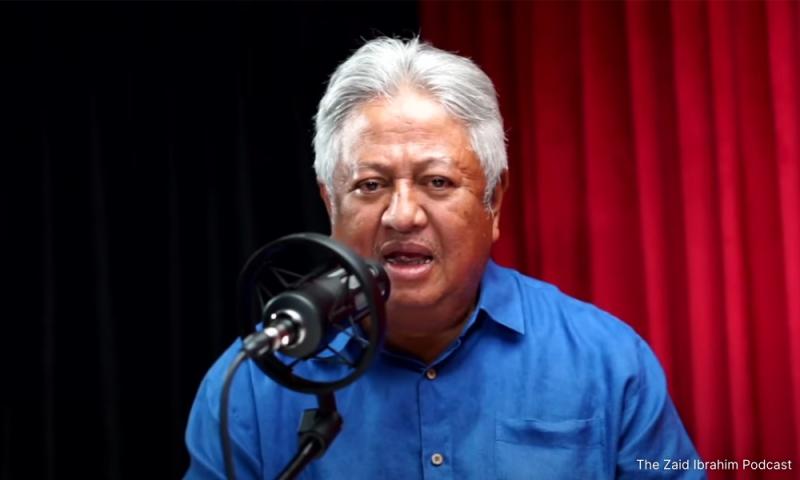While the whole nation is occupied with the goings-on in Perak, my own thoughts are drawn, perhaps out of disgust and disillusionment, to the events that eventually led to the mess that we have been left with there.
In my view, the direct attributable cause is that elected representatives chose to switch (or leave) their party allegiances. What can we do to prevent a mess like Perak's from recurring in the future?
In our country, switching one's party allegiance is something that is generally viewed negatively. We pejoratively call it ‘party-hopping' and those who indulge in it are called ‘frogs' or ‘katak'. However, it is not always so in other places where a parliamentary system is practiced.
In the UK and other countries where the Westminster system is practiced, the term used is a more neutral ‘crossing the floor'. It is something that has happened quite frequently in the UK , Australia and Canada, and not viewed so negatively. In fact Winston Churchill, the great British wartime leader, crossed the floor not once but twice!
So is switching party allegiance a bad thing or not? Should it be frowned upon or even banned (as it is in South Africa)? My take on this issue is this: crossing the floor is a lot like sex. When it's done out of true love for the other person, it is something wonderful and even spiritual.
On the other hand, if done out of greed for money, fame or power, it becomes debased and immoral, and those who indulge in it are called prostitutes.
Similarly, an elected representative may cross the floor because he agrees with and respects the policies and positions of another party (or finds that of his own party unconscionable). Alternatively, he or she may just do so for more selfish reasons, (such as to avoid selective prosecution, or to get a new car).
This presents us with a problem: how can we determine fairly a YB's motives when he or she crosses the floor? We may have our suspicions and if it can be proven that a YB was bribed to cross the floor, certainly he or she must be charged and punished under the various laws for corruption.
However, corruption charges are not easily proven and we cannot presume that all who cross the floor are guilty. It would not do, since we need to respect the human rights of all involved.
Whose rights are involved? Firstly, let's look at the rights of the elected representatives. From the Universal Declaration of Human Rights, we can see that each of us has the right to freedom of thought and conscience (article 18), the right to freedom of opinion and expression (article 19) as well as the right to freedom of association (article 20).
Therefore, if we were to ban or criminalise crossing the floor, these YB's rights would be denied.
Our YBs do not lose these rights the moment they join a political party. We must remember that elected representatives do not serve in the legislative assemblies as employees of the political parties they were elected under, and there is no contractual obligation that they must vote according to the party line.
Although their party may have had a manifesto presented to voters before elections, not all decisions that come before parliament may have been covered in the manifesto, and parties have been known to change their positions after elections. Democracy is not served by having ‘zombie' YBs who rubber-stamp anything their parties want.
Let's look at another set of rights. Article 21 of the UDHR states that everyone ‘has the right to take part in the government of their country, directly or through freely chosen representatives'. These YB are the means by which we the rakyat take part in the government of Malaysia. What do we require from them?
We require that they participate fully in the parliamentary process, ask the tough questions and vote in our best interests. Since they represent us, if they act in a way that does not reflect our interests, our rights have been denied.
So we have two sets of rights here that seem to clash. How will we solve this? One way might be to introduce ideas from direct or deliberative democracy. One that, I believe, could help solve messes like in Perak is this: the recall election. This is a procedure by which voters can remove elected officials.
So, in the case of a YB who crossed the floor, we could require that an automatic recall election be held. He or she would have ample opportunity to share with the rakyat his or her reasons for switching, and how their actions were in their best interests. The rakyat would then vote to indicate if they still wanted him as their representative.
The YB would have every right to act according to his conscience, and the rakyat's right to representation that serves their interests would not be sacrificed.
So, what do we do with a floor-crossing YB? Make him go back to the rakyat for his mandate to be confirmed. What do you think? Could this work for Malaysia?




